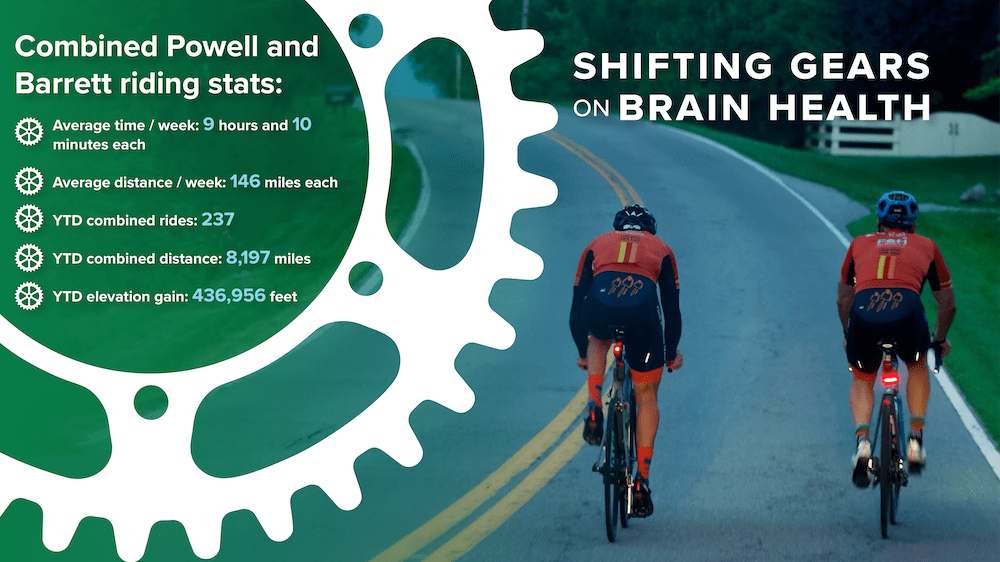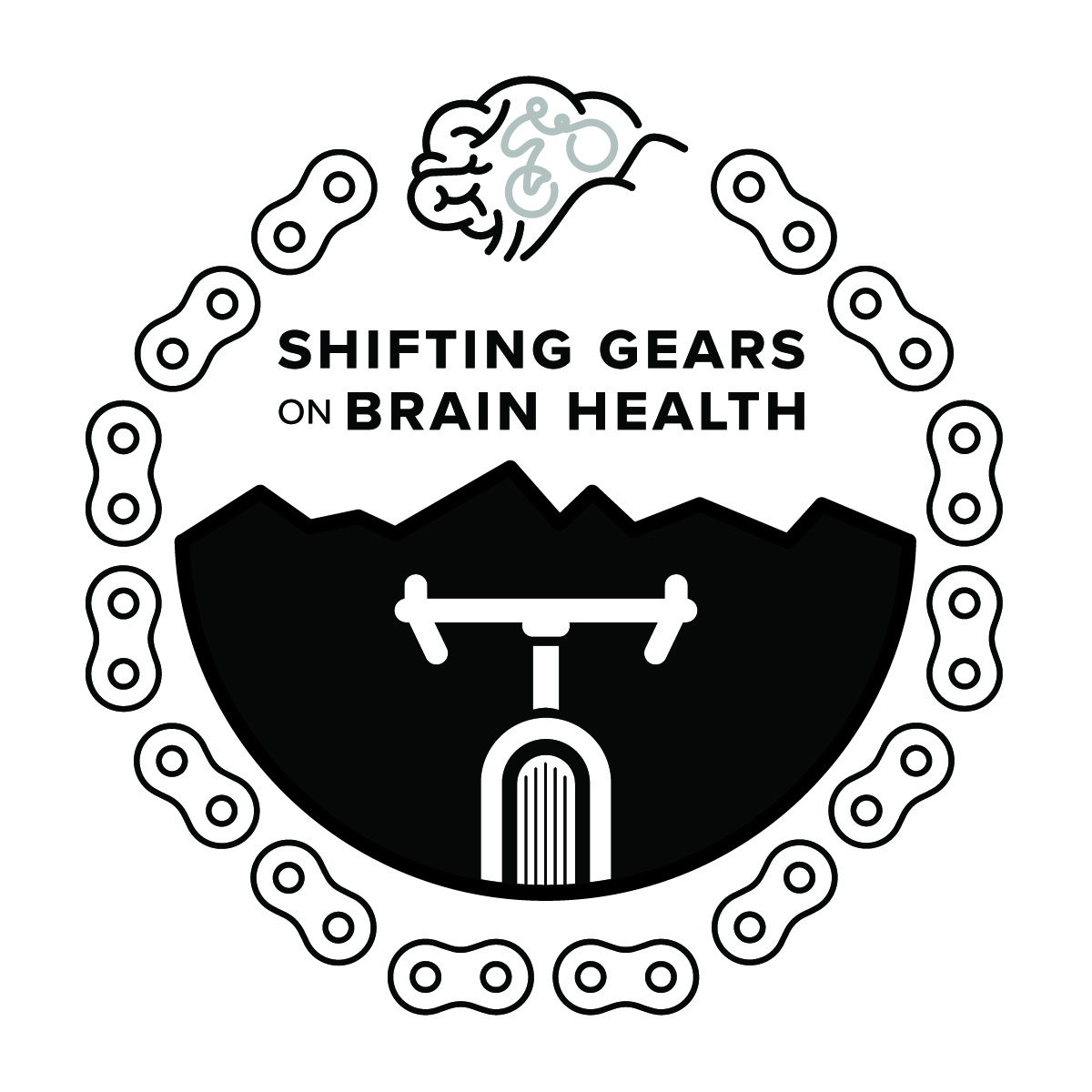By Barrett Brown
The critical connection between physical and brain (mental) health became very clear to me at an early age as I searched for ways to manage the pain of chronic headaches. I discovered running, swimming and cycling significantly reduced my discomfort.
As an adult, I find the same healing benefits in physical activity, but in a much more extensive way.
Exercising gets me in the zone. I solve problems and devise my best ideas when I’m biking or swimming, finding inspiration when my body outputs energy so that my brain can rest. Often this ‘rest’ brings forth creativity, clearing out the negative clutter, and allowing me to be the strongest version of myself.
While the activities I enjoy are generally considered individual challenges, cyclists will tell you that it’s a more communal experience than you might expect. We lean on and share with each other, root each other on and raise each other up.
My brothers Powell and Kellim are a part of my cycling community, and each of us has found greater brain health in the sport. As we’ve made the personal connection between physical and brain health, we’ve also found a way to use our passion for cycling to support our broader communities.
In August, the three of us are cycling the French Alps to raise awareness and funds to support brain health. The goal for Shifting Gears on Brain Health is to raise $6 million for nonprofit organizations working in the areas of brain health research, education, prevention and treatment.
Why are we cycling to support brain health?
The ride ahead of us is the perfect metaphor for the importance of prioritizing support for brain health in our workplaces and communities.
Think about the rear wheel of a bike. In the center, there is the hub. That’s the strength of the bike and representative of our brain health. Attached to the hub, you have the spokes which apply even tension and stability to the wheel from the hub. These spokes support the effort you apply when you pedal. Finally, you have the rear cassette, which is the group of cogs or gears that convert your energy input into different outputs depending on your need at the time.
If you don’t have the right gears, or if your spokes aren’t solid, you won’t be able to reach the right level of fitness or output for the ride. Similarly, if we do not provide the right level of support or resources to our teammates or community members to manage stress, anxiety and other challenges, we will continue to experience the negative impacts of this neglect.
Helping us achieve our goals for brain health
Shifting Gears on Brain Health is more than just a metaphor. The proceeds will be invested directly with nonprofits in the United States and in our expanding Brown & Brown communities internationally.
Our parents taught us early on that we need to be active in how we give back to our communities. Our father once told me to take a close look at an organization before I donate my time or money, to make sure the resources are being used in the way they are promised. It is a lesson that is guiding this initiative as we seek to make the greatest impact on brain health.
The Haute Route Alps is a 470-mile journey with 66,000 feet of total elevation gain, which we will tackle together over seven days of cycling. We began our individual training last December and continue to build each day.
Please follow along as we embark on this journey to raise awareness and funds in support of brain health and consider donating to support our efforts.

